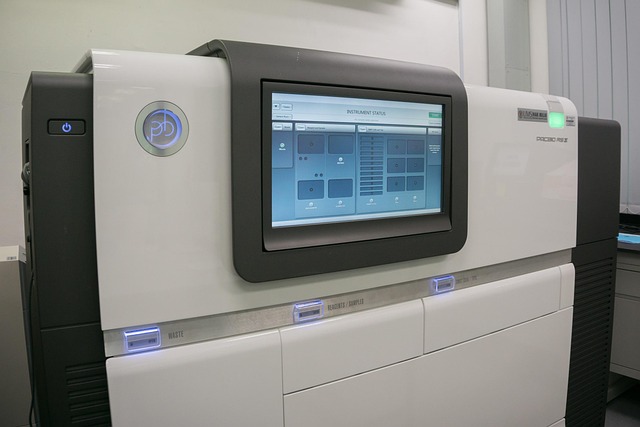In the ever-evolving landscape of healthcare, exome sequencing stands out as a groundbreaking innovation that is reshaping our understanding of human genetics. This transformative technology delves deep into our DNA, focusing on the exome—the part of our genome that codes for proteins and makes up about 1% of our DNA. By unlocking the secrets held within our exomes, we can obtain invaluable insights into our health, paving the way for personalized medicine and tailored treatments.
The impact of exome sequencing in the field of genomics cannot be overstated. As we embrace the era of technological innovations, this method allows us to identify genetic variants associated with various diseases, offering hope for early diagnosis and targeted therapies. For individuals with puzzling health issues that have eluded traditional diagnostic methods, exome sequencing can provide clarity and direction. Imagine having the ability to pinpoint the exact genetic anomalies that may be contributing to your health concerns—it’s an empowering prospect that is becoming more accessible thanks to advancements in technology.
Health innovations such as exome sequencing are not just about identifying diseases; they also contribute to our understanding of complex conditions. With the aid of sophisticated algorithms and databases, scientists and healthcare professionals can analyze vast amounts of genetic data to uncover patterns and correlations. This insight helps not only in managing existing conditions but also in predicting potential health risks, allowing individuals to take proactive steps toward preventive care.
Moreover, the incorporation of exome sequencing into routine medical practice means that we are on the cusp of a new era in health management. Personalized medicine is no longer a distant dream; it is becoming a reality for many. Patients can receive treatments tailored to their unique genetic makeup, enhancing the efficacy of interventions while minimizing side effects. This shift not only benefits patients but also represents a significant advancement in health economics, as clearly defined treatments can lead to better outcomes and lower healthcare costs in the long run.
As we explore the implications of exome sequencing within the sphere of genomics, it’s vital to acknowledge the importance of ethical considerations surrounding genetic data. With great power comes great responsibility; thus, ensuring the privacy and security of an individual’s genetic information must be paramount. With proactive policies and guidelines, we can navigate the ethical landscape while continuing to benefit from the remarkable capabilities of this technology.
In summary, the dual forces of technological and health innovations embodied by exome sequencing are rekindling hope and offering unprecedented opportunities for individuals seeking answers to their health puzzles. With ongoing advancements and a commitment to ethical practices, exome sequencing is not just a scientific achievement—it’s a beacon of promise for a healthier future.



